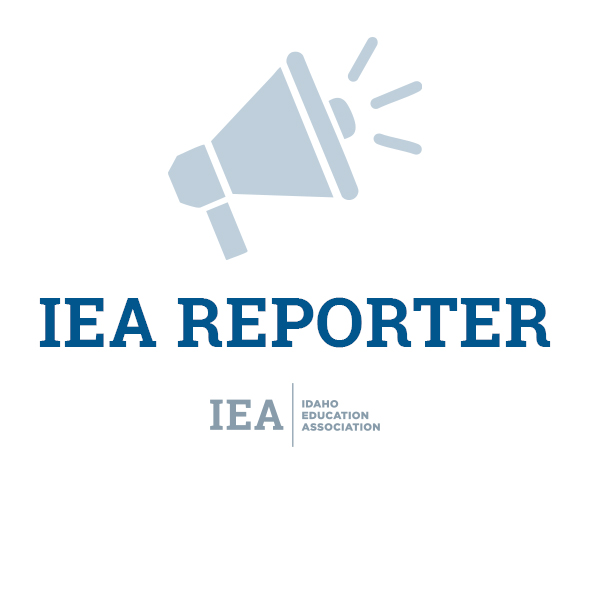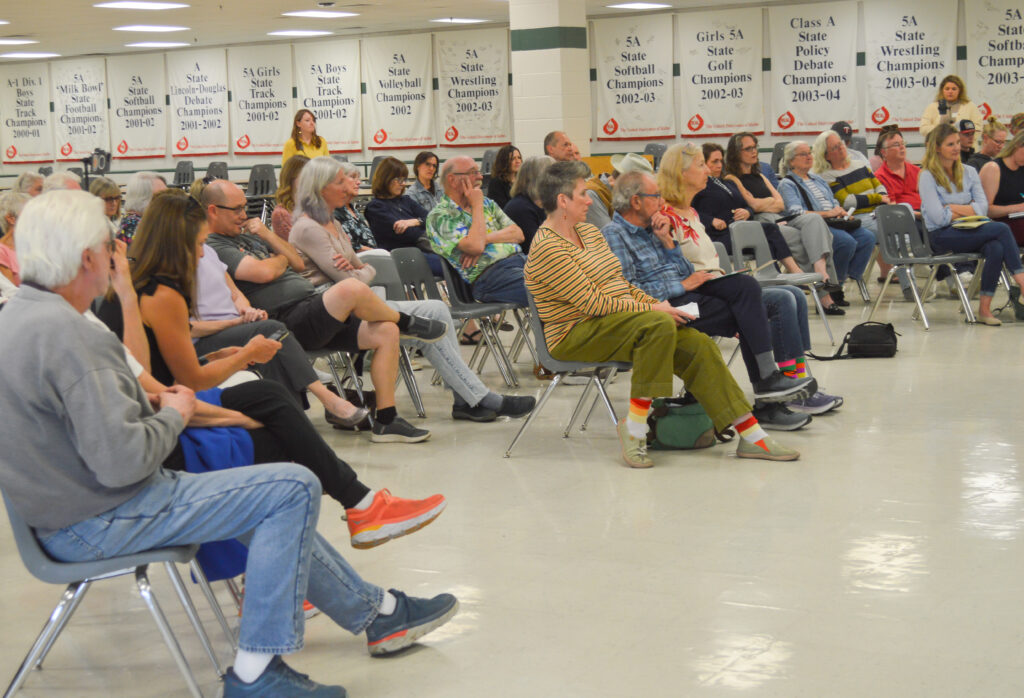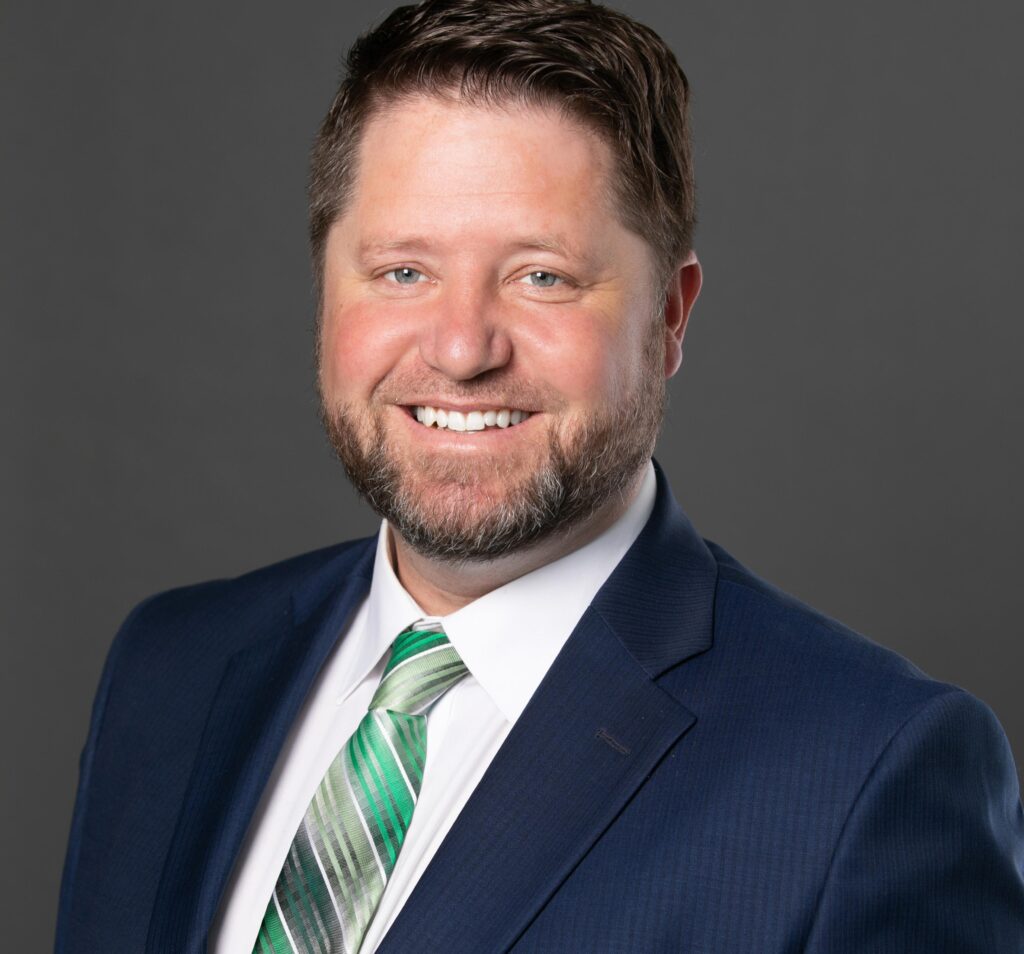Legislation aimed at crippling the basic functions of the Idaho Education Association was introduced this week and is likely to have a public hearing in the House State Affairs Committee next week.
House Bill 602 strips the authority of local school districts to work cooperatively or negotiate in good faith with local chapters of the IEA. Key provisions include significant limits or prohibitions on compensation or work leave related to an educator’s role or membership in the union and the use of school property for union-related meetings or activities. It is sponsored by a trio of North Idaho lawmakers: Sen. Ben Toews (R-Couer d’Alene), Rep. Sage Dixon (R-Ponderay) and Rep. Dale Hawkins (R-Fernwood).
“The enemies of public education are frustrated at the power IEA members exercise in protecting students, public schools and their educator colleagues,” said IEA President Layne McInelly. “The fact that this bill is aimed at disrupting any constructive collaboration between local union members and their school district speaks volumes about their intent. This isn’t only an attack on educators and their union — it’s an attack on public education.”
The legislation is part of an expected slate of bills aimed at curbing the influence of IEA members that has the backing of the Freedom Foundation, a national anti-teacher’s union policy mill closely allied with the Idaho Freedom Foundation. Two of House Bill 602’s sponsors are expected to introduce another bill stripping IEA members of the right to pay their union dues via payroll deduction.
The bill was introduced at the same committee hearing as House Bill 605, requiring employers with employees in labor unions to “annually provide a notice informing employees that union membership is voluntary, and they have the right to join or refrain from joining and paying a labor union without discrimination.” House Bill 605 is sponsored by Sen. Tammy Nichols (R-Middleton) and Rep. Jacyn Gallagher (R-Weiser).
Significantly, House Bill 602 only targets educator unions and excludes members of other public employee unions in Idaho like police officers and firefighters. Despite that, members of those unions have expressed opposition to this bill and are expected to help IEA members fight it.
Some of the measure’s provisions, such as bans on districts providing unions with access to the personal information of an educator without permission or forcing educators to “meet or interact” with the union against their will, cover labor practices unfamiliar to IEA members.
The bill’s assignment to the House State Affairs Committee — as opposed to the more germane Education or Commerce and Human Resources committees — is also significant.
“This bill’s backers are eager to funnel this legislation to a committee that would be more inclined to their point of view, rather than committees more familiar with education or public employee unions,” said Matt Compton, IEA’s associate executive director. “Its extreme nature and the process that’s been laid out for its consideration speaks volumes about the influence of extreme lobbyists, like the Freedom Foundation, in the Idaho Statehouse.”




